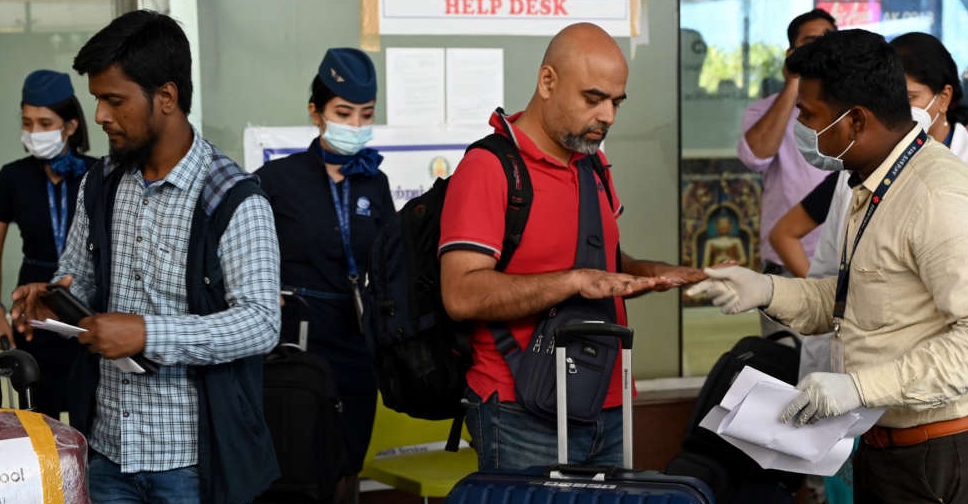
The World Health Organization will convene an emergency committee on Thursday next week to assess whether the monkeypox outbreak represents a public health emergency of international concern.
That is the highest level of warning issued by the U.N. agency, which currently applies only to the COVID-19 pandemic and polio.
There's been 1,600 confirmed and 1,500 suspected cases of monkeypox this year and 72 deaths, WHO said, in 39 countries, including those where the virus usually spreads.
Monkeypox is endemic in parts of Africa but there have been more cases both in those countries and the rest of the world in recent months. The virus causes flu-like symptoms and skin lesions, and spreads through close contact.
It is thought to be fatal in around 3-6% of cases, according to WHO, although no deaths have yet been reported in the outbreak outside Africa. The majority of deaths this year have been in the Democratic Republic of Congo.
WHO Director General Tedros Adhanom Ghebreyesus said that it was time to consider stepping up the response because the virus is behaving unusually, more countries are affected, and there is a need for international co-ordination.
"We don't want to wait until the situation is out of control," said WHO's emergencies director for Africa, Ibrahima Socé Fall.
The committee meeting next week will be made up of global experts, but the WHO Director General makes the ultimate decision on whether the outbreak deserves the label, known as a PHEIC.
Experts have been pushing the WHO for faster action for several weeks, following criticism of the agency's initial response to the coronavirus pandemic.
Alongside COVID and polio, other disease outbreaks have been declared PHEICs, like Ebola in 2014.
A committee can also, however, pull back from raising the alarm. When a WHO emergency committee was set up to consider whether a yellow fever outbreak in West Africa in 2016 deserved the agency's highest threat level, it ultimately decided against it.
A WHO determination that an outbreak constitutes a global health emergency can help accelerate research and funding to contain a disease.
Tedros also said that WHO is working with partners on changing the name of monkeypox and its variants, as well as on a mechanism to help share available vaccines more equitably.
Some countries have begun vaccinating health workers and close contacts of monkeypox patients using smallpox vaccines, a related and more serious virus that was eradicated in 1980.
WHO issued new guidelines on monkeypox vaccination earlier on Tuesday.

 UK inquiry finds 'chilling' cover-up of infected blood scandal
UK inquiry finds 'chilling' cover-up of infected blood scandal
 Iranian President Raisi killed in helicopter accident, state media says
Iranian President Raisi killed in helicopter accident, state media says
 ICC prosecutor seeks arrest warrants for Israeli, Hamas leaders
ICC prosecutor seeks arrest warrants for Israeli, Hamas leaders
 Assange given permission to appeal against US extradition
Assange given permission to appeal against US extradition
 Israel intends to broaden Rafah sweep, Defence Minister tells US
Israel intends to broaden Rafah sweep, Defence Minister tells US




